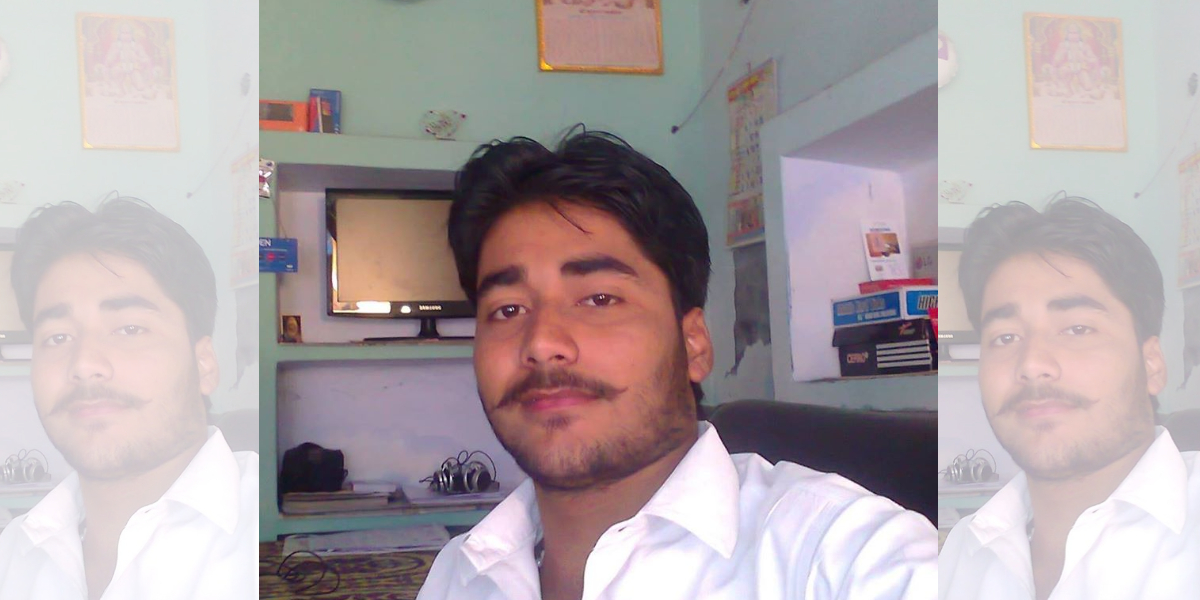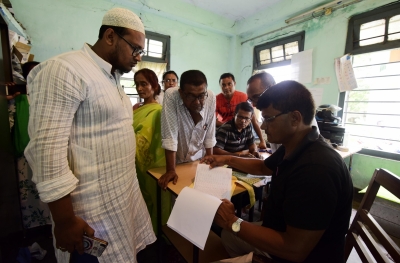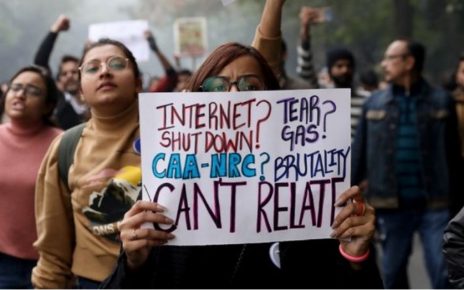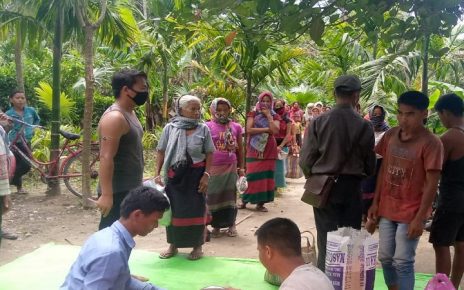The Wire
24 June 2020
Days before his killing, Shubham Mani Tripathi had informed authorities that he had been threatened by persons involved in illegal sand mining and land encroachment activities.
New Delhi: A reporter for a Kanpur-based newspaper was killed on June 19 in Unnao district of Uttar Pradesh, allegedly at the behest of a ‘sand mafia’ and illegal land grabbers active in the region.
According to a report in NewsClick, journalist Shubham Mani Tripathi (25) was shot by “unidentified persons” near the Gangaghat area of Unnao district while he was returning home with a friend on a motorcycle. He was rushed to a hospital in Kanpur, where he died. He worked for a newspaper named Kampu Mail.
On his Facebook profile, Tripathi wrote on June 14 that an illegal construction by ‘famous land mafia’ had been demolished due to a report he had filed. He said the mafia was angered by this action and had registered a fake application against him to the district magistrate.

सरकारी जमीन बेचते रहो और अगर कोई तुम्हारे खिलाफ कोई पत्रकार खबर लगा दे तो उसके खिलाफ फर्जी मुकदमे लिखवाते रहो😃😃😃😃
” भगवान तुम्हारा भला करे भूमाफिया”
According to a press release issued by the police, three people have been arrested and the arrest of two others is being sought. One of the arrested persons told the police that a “local real estate figure Divya Awasthi arranged the journalist’s killing” in retaliation for Tripathi’s articles and Facebook posts. This statement appears to be the same person that Tripathi referred to in his post on June 14.
Ritesh Shukla, who is the bureau chief of Kampu Mail, told NewsClick that Shubham recently had “some arguments with land grabbers and expressed fear that he might be killed by them”. Shukla and Tripathi’s uncle Dhirendra Mani Tripathi also named Awasthi as masterminding the assassination, saying that the journalist’s reportage of her encroachment of government land had “exposed her”.
Another journalist in Unnao, Vishal Maurya told the Committee to Protect Journalists (CPJ) that Tripathi had informed the police about the threat to his life. Tripathi had “mailed letters to state authorities on June 15 saying that he had been threatened”, Maurya told CPJ, adding that the “same 10 suspects as mentioned by [Tripathi’s] brother in the police complaint” were also named by the slain journalist.
According to Reporters Without Borders (RSF), Uttar Pradesh is “one of the most dangerous regions for journalists, especially those who try to cover the sand mafia”. The non-profit organisation listed at least five recent incidents in which journalists were killed or attacked for reporting on either illegal sand mining or land grabbing activities.
Both CPJ and RSF issued statements asking authorities in UP to hold those responsible for the killing accountable. “We urge Uttar Pradesh authorities to take steps to protect all journalists working in the state. Ensuring that no one can kill with impunity is the most effective measure of all,” said Steven Butler, CPJ’s Asia program coordinator.
Daniel Bastard, the head of RSF’s Asia-Pacific desk, said, “We call on the Uttar Pradesh authorities to appoint an independent investigation to shed all possible light on Shubham Tripathi’s horrific murder.” He added that in this region of northern India, “The links between sand mafia bosses and local police chiefs mean that, when journalists are murdered in connection with their reporting, the police investigation is almost always closed without further action. The vicious cycle of impunity needs to be broken by means of legislation guaranteeing journalists’ safety.”
Tripathi’s killing occurred one day after police in Uttar Pradesh’s Varanasi registered an FIR against Scroll‘s executive editor Supriya Sharma for a report that said people in Prime Minister Narendra Modi’s adopted village faced hunger during the COVID-19 lockdown.
A report collated by Delhi-based Rights and Risk Analysis Group (RRAG) found that during the imposition of the lockdown, at least 55 journalists were arrested, booked and threatened for reporting on COVID-19. This includes Siddharth Varadarajan, a founding editor of The Wire.
India’s ratings in the annual World Press Index has plummeted ever since the BJP-led NDA came to power. In this year’s report of RSF, India was placed in the 142nd position, below neighbours Nepal, Bhutan and Sri Lanka.



